Identity Crisis in a Creative Industry
It was Summer, 2001. I was serving tables at a few restaurants while picking up as much freelance work as I could, while trying to make ends meet. Back then for me, freelance gigs were pretty scarce. My network was undeveloped, and I had virtually no rep. I had just left a company and was looking for my next full-time job.
At that time, Web design represented the lion’s share of what people were looking for from their graphic designers...well, that was my experience anyway. It was pretty much a wild west when it came to standards and practices. New technologies were popping up all over the place, Macromedia Flash (before Adobe bought them) was still a very big deal as well.
I had landed a few interviews and felt pretty good about my chances, but one common thread was that in every interview, I was asked if I was able to do <insert emerging technology here>. I quickly found myself in a bit of a pickle. Do I say, “No” and risk the job being awarded to a ‘more qualified’ candidate? Or possibly worse, do I say “Yes”, and risk not being able to pull it off? If memory serves, it was a little bit of column ‘A’, and a little column ‘B’. In the end, I’m a pretty quick study and was able to get by, learning what I needed to from books and web searches.
Fast Forward 10 years, I’m sitting in an interview at a high-tech firm and it happened again. This time, I’m sporting a little more grey, and a lot more experience. Over the last decade, I had become well acquainted with “Matt Paquette, Graphic Designer”, and was very familiar with what my strengths and weaknesses were. So when I was asked if I had a certain skill (IIRC, it was programming in JQuery), I said, “No, actually I don’t.”, they quickly followed up with “would you be willing to learn”, to which I replied, “No”. Then went on to explain that programming is a very different skill set than what I do, and they’d probably be best hiring someone on an ad hoc basis when the need arises.
For whatever reason, I didn’t land the job. But more importantly, this was a pivotal moment in my professional life. I had started to make the shift from the fledgling designer, who was willing to do or try absolutely anything (regardless of it’s relevance to my skill set) to a confident professional who is aware of where their skills lie and equally as important, where they do not. This self-realization has since been a touch stone for me when speaking to colleagues and clients. Our conversations revolve around how my skill set can best solve their problems. I truly believe that being honest with yourself (and other) about what your limits are is integral to making a good product. That is not to say that you should never push your limits. I try to take some time every day to learn something...even it it’s just for a few seconds.
My career path over the last decade has migrated from graphic design for High-Tech to Museums to now Tabletop Games and even more so now, I find myself conflicted about who I am professionally and what I feel I need to be good at. Tabletop games are filled with lots of fun visual themes and elements, all of which would be a blast to illustrate and paint. As a graphic designer, I could no doubt benefit from having better illustration or digital painting kung-fu, and through practice, those goals can eventually be attained; until that day, it’s important to know what I bring to the table and be confident in my ability to do so. It benefits no one to take a job where I lack the skills to effectively complete it. It wastes time and ends up reflecting poorly on me and my professional reputation. When I’m in the role of client, I much prefer a straight shooter who has a handle on what they can and can’t do so I can manage my expectations or if need be find another supplier who can get the job done. It’s as simple as that. Now, where was this knowledge 20 years ago? :)
Thanks for reading.

